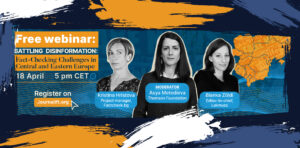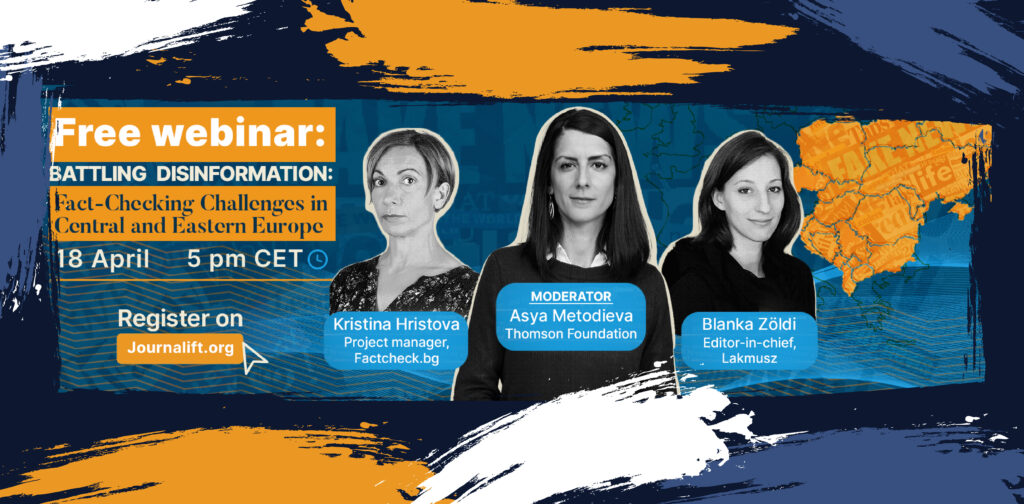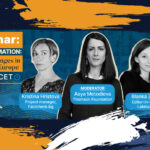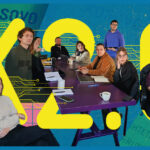The period of the pandemic caused by the corona virus has greatly influenced the change in the habits of citizens in the online environment and the use of payment institutions that are offered. According to a large number of reports from relevant institutions and media, it was a period of growth in e-commerce and various subscription models that persisted, maybe not to that extent, but it remained as a new habit of users.According to Bloomberg, the Zuora “Subscription Economy Index” published in October 2022, it is noted that the subscription model has continued to be on trend and to provide lasting growth and stability.
The fact that different subscription models really have a future and that they will be necessary, is best illustrated by the words of Elon Musk„Without significant subscription revenue, there is a good chance Twitter will not survive the upcoming economic downturn". According to Imani Moise, a reporter for the Wall Street Journal, "citizens are sometimes not even aware of how much they spend on different forms of subscriptions, and usually when they get a few seconds to respond, the estimated amount shows that they are actually spending $80, while later with a little more thought they realize that the amount is around 200 dollars."
Citizens use subscriptions, but rarely to support the media

As media expert Norbert Šinković states, "subscription as a model can contribute to the diversification of media income, so it can be another source of income for the media“. He observes that new generations of audiences already have the habit of paying for certain media services, primarily for music services or other streaming services that are increasingly available in our region. According to him, "this would mean that the generations to come are ready to allocate a certain portion of their budget for such services." In that case, it is up to the media to build a quality relationship with them on time and to win them over as permanent and active members of the community, which is the key to success.
The period of mindset change among citizens, in which it would be understood that quality, or accuracy obtained through information, must be charged and that the consumption of quality information is not free, is a process that is still ongoing and will likely take some time before we become aware that there is someone behind the content we consume, who invests time to summarize the most important events.
Serbia at the bottom of the list when it comes to paying for news

The latest results of the Report on Digital News - Serbia (Kleut, J., Ninković, D., Ilić, V., & Išpanović, I, 2022, Report on Digital News - Serbia. Novi Sad-Independent Journalists' Association of Vojvodina) support this, stating that only 5% of citizens have paid for news in any way during the past year, which is the lowest percentage among all European countries included in this research.
According to the report, the willingness to pay for any type of digital service is low, only slightly more than half (55 percent) would be willing to allocate money to pay for news.
As it is necessary to work on changing citizens' awareness, it is also necessary to simultaneously work on changing the awareness of media workers, especially in the countries of the Western Balkans. In not so few cases, through a conversation with media representatives it can be heard that they feel uncomfortable charging for content and that are afraid of losing their conusumers by introducing a subscription. It is precisely for these reasons that it is necessary to build a relationship with the community and listen to its needs so that the subscription model is not only an element of monetization and media business, but a joint effort in the direction of building a quality media that reports in the service of citizens in the true sense of the word. By joint investment from both media workers and citizens, there is the possibility of creating a sense of belonging and mutual respect.
Building a relationship with the community as a prerequisite for charging content

As a community engagement expert, Vladimira Dorčova Valtnerova emphasizes that the most important thing is to build and nurture mutual trust between the media and the community, and not just in the case of introducing additional sources of financing. This practice contributes to the financial independence and sustainability of every media outlet, which is crucial for the overall work of an editorial team.
The need to emphasize building trust is also confirmed by the Report on Digital News - Serbia, which is dominated by the opinion that the media do not work in the public interest, but largely prioritize their commercial interests and political views over the benefit of society. Three-quarters of respondents believe this is the case with all or many media outlets. No country out of the 46 covered in the Reuters Institute survey has such an expressed attitude about the media's lack of concern for social welfare.
As Dorčova Valtnerova notes, trust between media and the community is built through constant two-way communication with the community and the involvement of members of that community in the daily work of the newsroom. "Communication with the community that is two-way means that all participants in that communication process are part of one team. It is precisely the fact that the community becomes in a way part of the editorial team that makes journalism better because media whose focus is the public interest exist because of their audience, for people, not the other way around. When you involve the community in your work, you can expect financial support from them, whether through a crowdfunding campaign or through a subscription - a sense of belonging is crucial. This is supported by the case of the local portal Magločistač from Subotica and the regional portal Nyugat from Szombathely, Hungary, which have successfully organized several crowdfunding campaigns. Similar examples are the national portals Dennik N and Aktuality from Slovakia, which have successfully developed a subscription model because they have a loyal community willing to support the media's mission financially as well.































